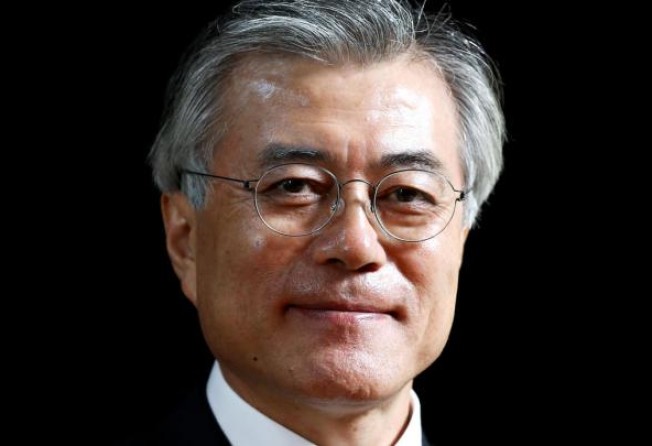South Korea presidential candidates unite on chaebol reform
Deep voter discontent over income disparity has 3 main aspirants united on need to overhaul family-run corporations

As the three main candidates for South Korea's presidency cross swords on the campaign trail, they are united on one issue - the need to reform the country's giant, family-run conglomerates, or chaebol.
Chaebol-bashing is something of an election year ritual, but the pitch and breadth of the criticism this time around from both liberal and conservative presidential hopefuls has got the mega-multinationals rattled.
"Economic democratisation," has become the campaign buzzword, founded on deep voter discontent with income disparities and unfair competition that many blame on the chaebol whose tentacles reach into every sector of the economy.
The family-controlled conglomerates powered South Korea's post-war economic miracle and spearhead its booming export business, but they are also seen as suffocating small and medium-size firms at the cost of innovation and jobs.
All three main candidates - even Park Geun-hye from the pro-business ruling conservative party - have proposed reforms of varying degrees that would clip the chaebols' wings.
It was Park's father, the late military strongman Park Chung-hee, who allowed the chaebol to flourish under his 1962-79 autocratic rule and attain their dominant position in the national economy.
Park, who is bidding to become the country's first woman president, has called for tougher sentences for convicted chaebol heads and restrictions on circular equity investment among chaebol affiliates.
The most vocal chaebol critic is the independent candidate Ahn Cheol-soo, a popular software mogul who believes he would be one of many more self-made success stories if the chaebol were tamed.
Ahn has repeatedly likened the South's economy to a "zoo system" which small firms must enter as suppliers to survive, and then end up having their margins squeezed by unfair contracts to the point where they collapse.
"Once you are trapped as an animal in either Samsung zoo, or LG zoo ... you have no luxury of investing on research and development, and the only way out of the zoo is death," he said in a speech last year.
Outlining his economic programme last week, Ahn said there was "no future in the existing economic system where a few dominate wealth and opportunities".
"I will change the unfair status quo," he added.
Ahn has vowed to change chaebols' corporate governance and find ways to prevent them spreading into new sectors where they bully small- and medium-sized businesses.
"We should overhaul chaebols in order to prevent the harm they inflict upon our economy and to secure equality before the law," Ahn said.
Professor Kim Sang-jo of Hansung University said many voters related strongly to Ahn as a self-made business leader with direct experience of the pressure chaebol exert on smaller firms in the market. "This is why the support rate for this independent candidate is so high," Kim said.
Moon Jae-in, the candidate from the left-leaning opposition Democratic United Party, has also promised new laws to break chaebol up into smaller, more concentrated groups and ease them out of their founding families' control.
The concerted anti-chaebol trend has prompted an angry response from big business lobbies, who have accused the candidates of mindless "corporate bashing" and populist electioneering.
"All these policies will ... eventually cause more harm to the people," the Federation of Korean Industries said.
"We urge [them] to avoid introducing anti-market restrictions in the name of economic democratisation," it said.
Analysts say voters now feel more strongly than ever before that issues like social safety nets and income disparities have been relatively sidelined under the conservative administration of President Lee Myung-Bak.